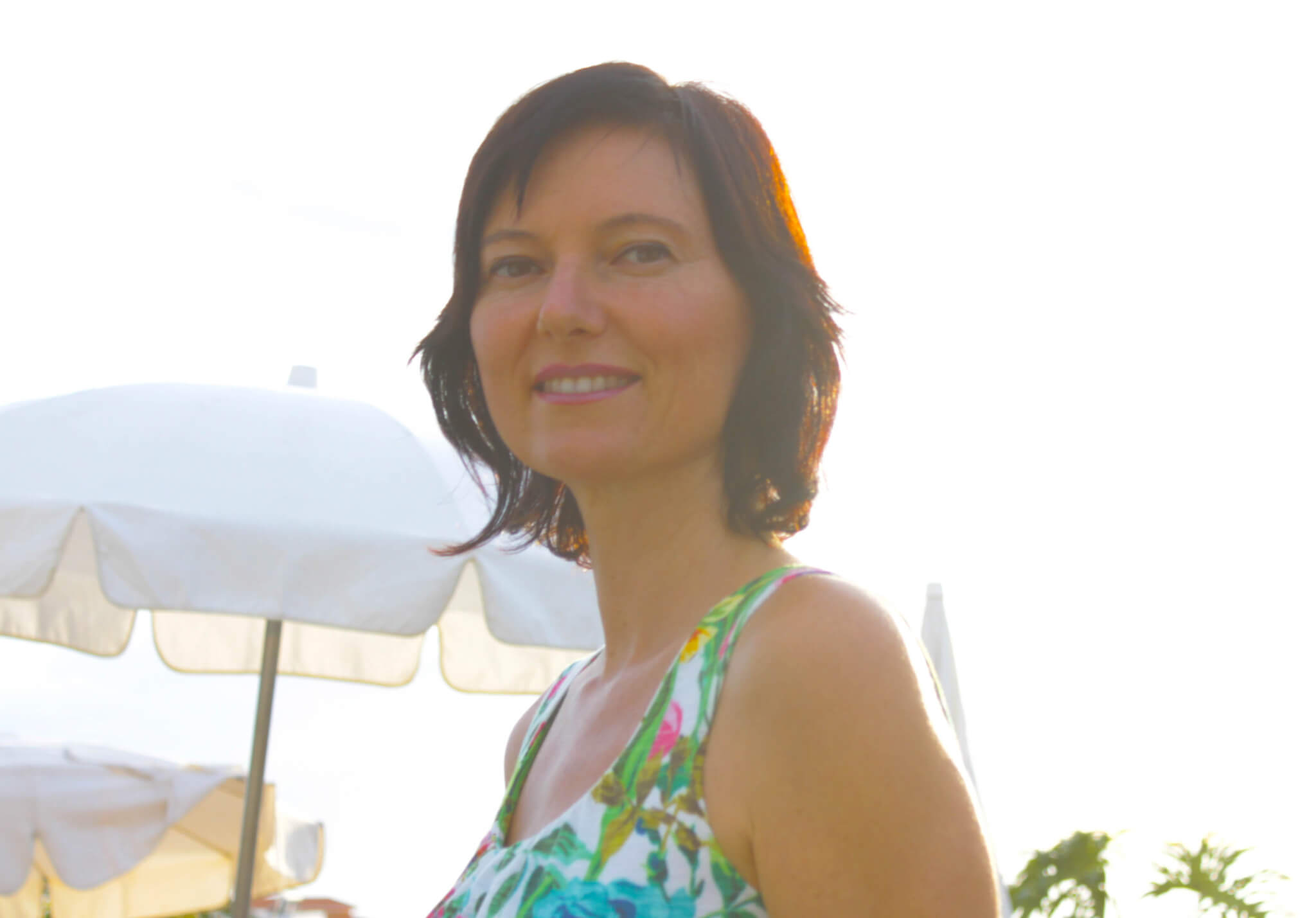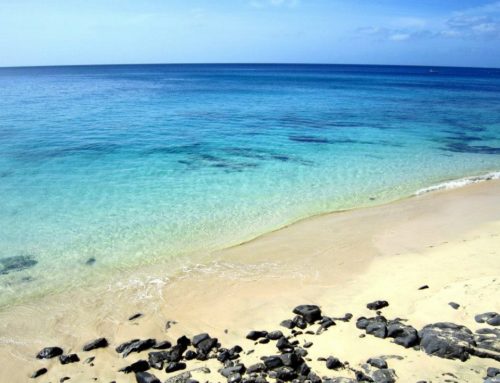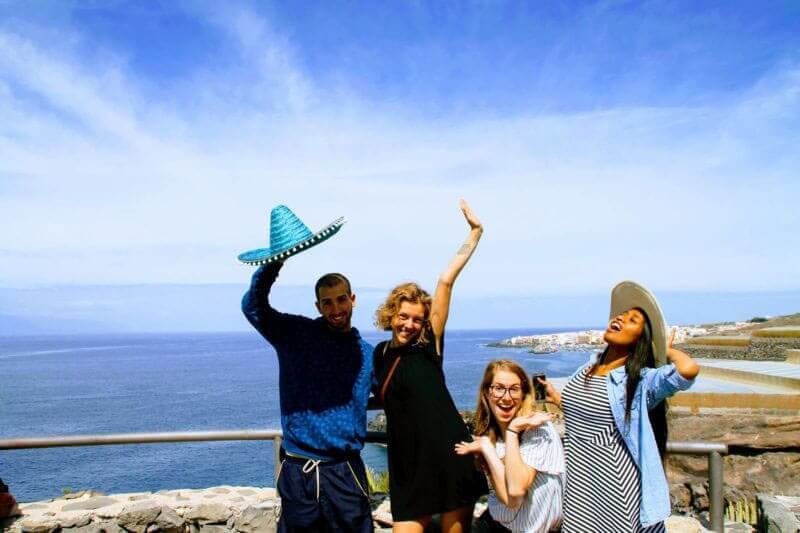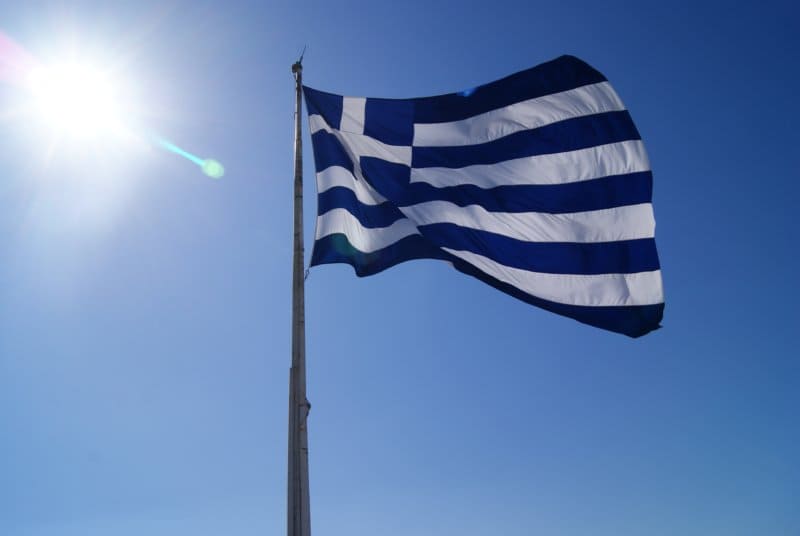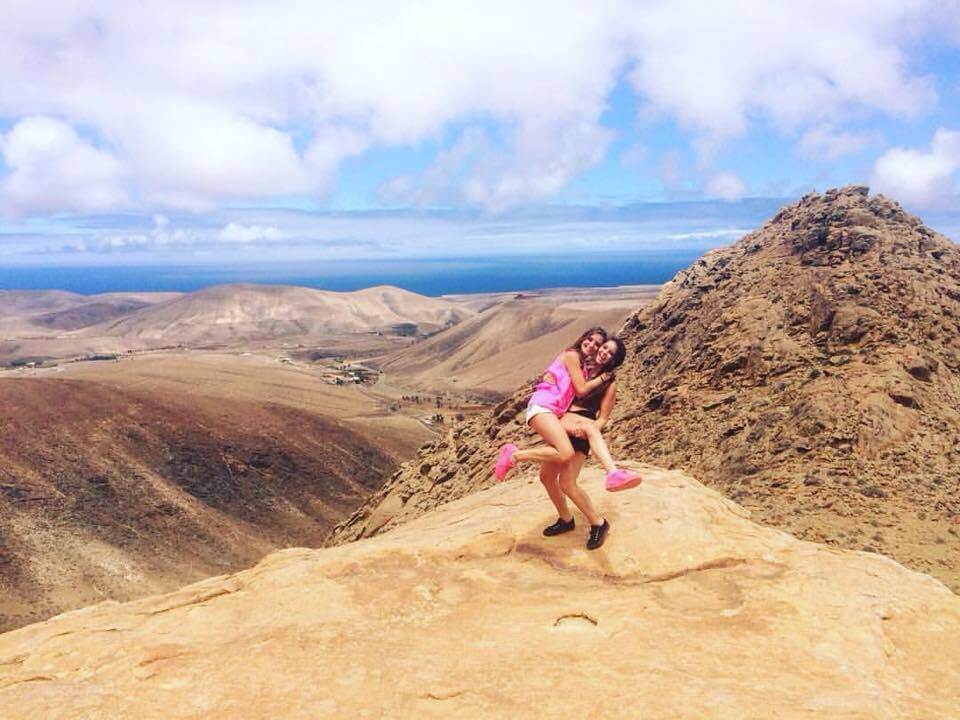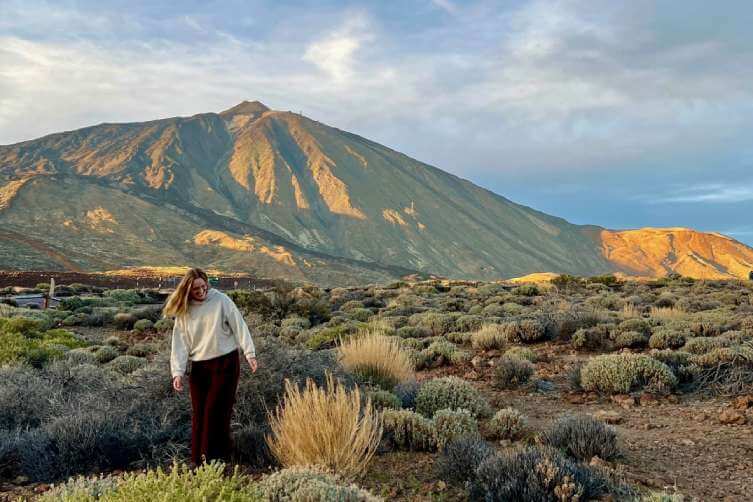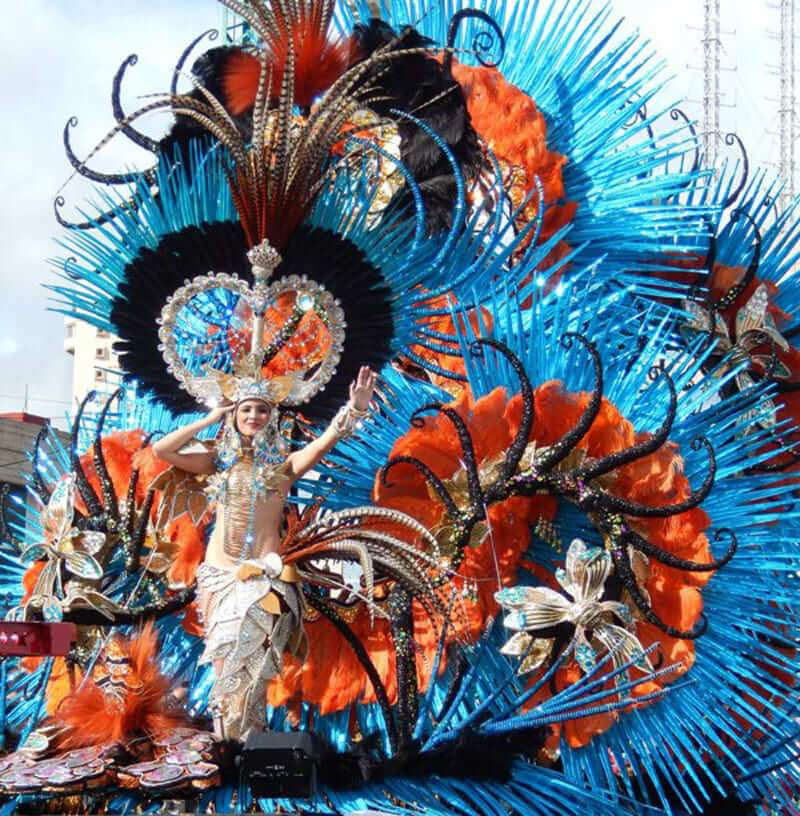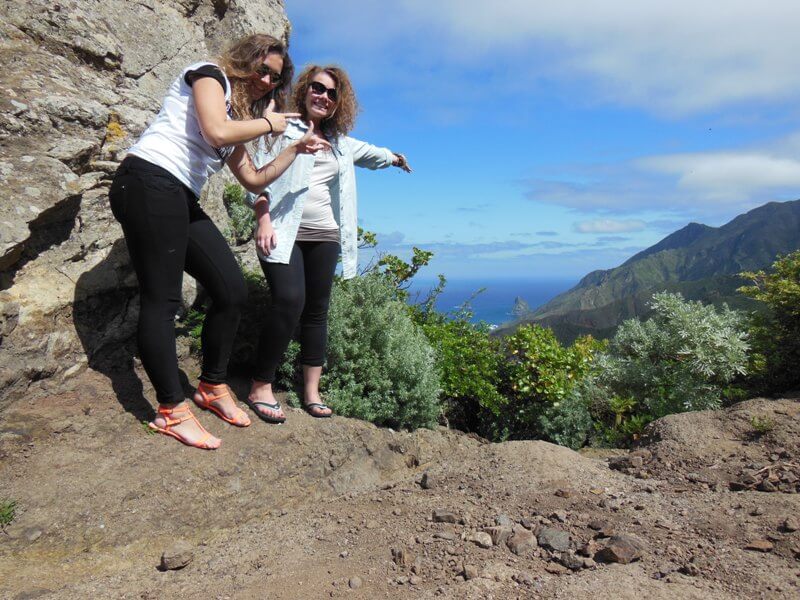What is important during your hotel internships on the Canary Islands?
Inform yourself which delicious dishes you should try during your practical training in Spain
Paella is probably the most well known Spanish Food – stewed rice, traditionally served with seafood, alternatively also available with fish, a variety of meats or vegetables; but the Spanish or Canarian Cuisine has much more to offer. Most Spaniards skip breakfast; instead they have Churros with chocolate at 10:30. Churros are deep-fried pastry sticks, which are sprinkled with sugar; they are to be dipped into a warm, viscous chocolate or a small coffee.
When ordering “un café” in Spain, you should be aware that this doesn’t mean a typical coffee; instead you will get an espresso.
To make you aware of typical orders, here’s a small list:
– Café con leche – espresso with milk,
– Café cortado – “short coffee” and is an espresso with frothy milk,
– Café solo – single espresso,
– Café americano – black coffee.
A Canarian speciality is the “Condensada”, condensed and sugared milk – you should try this at least once. Just order a “Condensada” or a “Leche Leche” and enjoy!
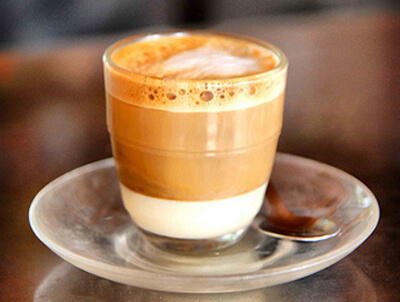
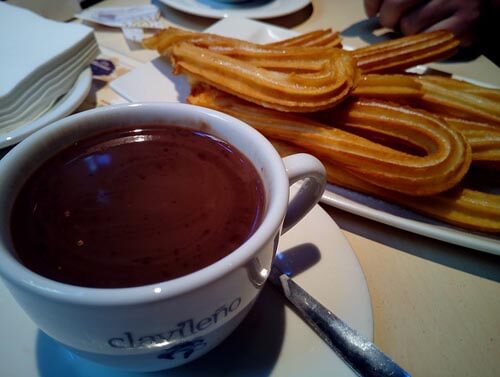
Typical Spanish cuisine you must try during your practical training in Spain is the tortilla or “Tortilla Española” – the Spanish version of the omelette; its main ingredients are potatoes and eggs, best served with homemade alioli (garlic mayonnaise). Even the Spanish tapas are well known – if you’d like to try it, it’s best to look for a restaurant with real “cocina española”. “Tapa” means “cover” and they are served either in small portions as a starter or many different tapas together as a main dish.
Typical tapas dishes are for example meat balls (albóndigas), olives in different variations, Manchego cheese and Serrano ham; ham wrapped dates and prunes, caramalised scallops and many others. Something that needs getting used to is the “Pimientos de Padrón”; green peppers with different levels of hotness and sometimes a bitter taste, they’re prepared in olive oil and sprinkled with coarsely grounded salt. Spanish people drink red wine with tapas.
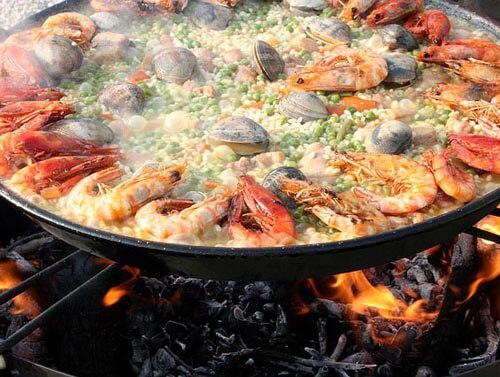
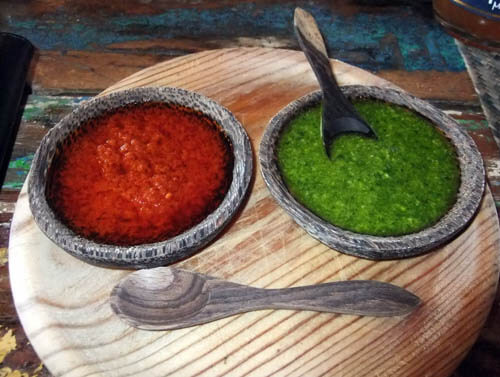
The Canarian cuisine is a mixture of traditional Spanish recipes with African and Latin-American influences. In general, the Canarian cuisine is very light, due to the year-round mild climate. One eats less meat and more fish. As a side dish you should order “Papas Arrugadas”. These are small, wrinkled potatoes with a salty crust and different mojos (sauces). The most common is the green mojo (Mojo vérde) or red (Mojo rojo or Mojo picante). In the Canarian restaurants there are also the “Potaje de Berros” (a typical Canary Island stew, made with water cress) and the “Sopa de garbanzos”, a chickpea stew. If you like marzipan you should definitely choose the “Tarta de Santiago” as your dessert, which mainly consists of almond paste and is very sweet. Even the “Bienmesabe” (translated: “it tastes good”) is very popular and I would definitely recommend it: a mousse mixed from honey, almond cream and eggs.
Whilst sitting at the beach and watching the sunset, people have the desire to drink wine: popular choices are “Sangria” and the less known “Tinto de Verano”, a mix of red wine and lemonade; both are best when served chilled! Enjoy the Spanish Cuisine during your practical training in Spain!
Prices during your practical training in Spain
The prices in supermarkets are comparable to the prices in Germany. For UK residents it depends on the exchange rate of the British Pound. You can often get fresh fruit and vegetables cheaper. Prices in restaurants, as well as drinks in restaurants and bars can thankfully be bought much cheaper compared to Germany and the UK.
The Canary Islands are located in a special zone of the EU, they have VAT from only 7%, which means shopping is worth the money. Tobacco products, alcoholic drinks, perfumes and cosmetic products, entertainment electronics as well as all kinds of leather products like handbags, shoes, accessories and jackets are all popular products.
The Spanish chains Zara and Mango, Bershka, Stradivarius, Oysho, Pull&Bear etc. – all of them have relatively low prices. Coming across “Rebajas” (discounts) are possible throughout the year, but special sales begin in January and after the high season, which is roughly around August.
Furthermore, you will regularly come across with the abbreviation C.C. which stands for “Centro Comerciales” – Spanish Shopping centres, within which you’ll find plenty of shops and afterwards you can go to the bars and clubs to enjoy the evening.
More about hotel internships in Spain
S-W-E-P in a german newspaper
The German Newspaper “Süddeutsche Zeitung” asked the founder of our recruitment agency Spanish Work Exchange Programme, Ms Conny Lassen, for an interview about hotel internships Canary Islands.
In the German article she explains what is special about Tenerife, her motivation to organize hotel practical trainings in Spain and what our company requires from the applicants. She also gives an insight of the biggest challenges our interns have to deal with during their work experiences abroad.
You would like to read more? Here is the link to the article:
